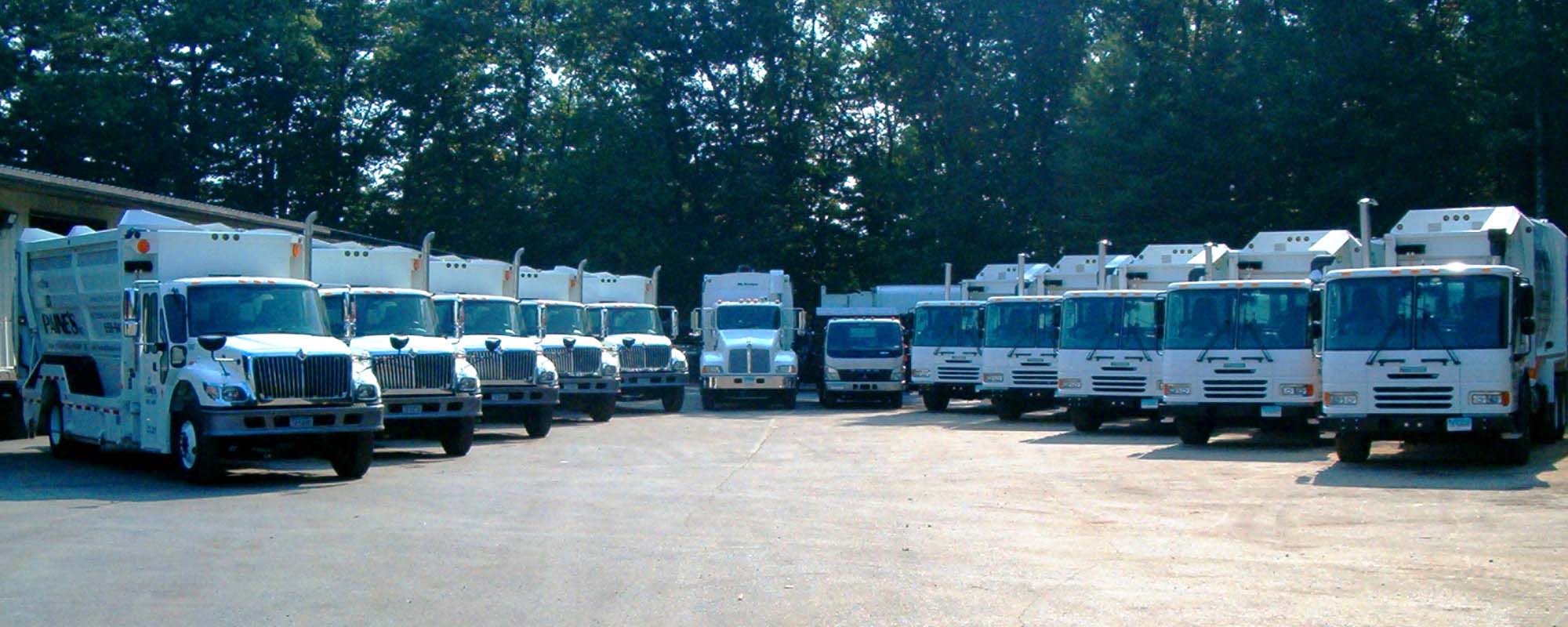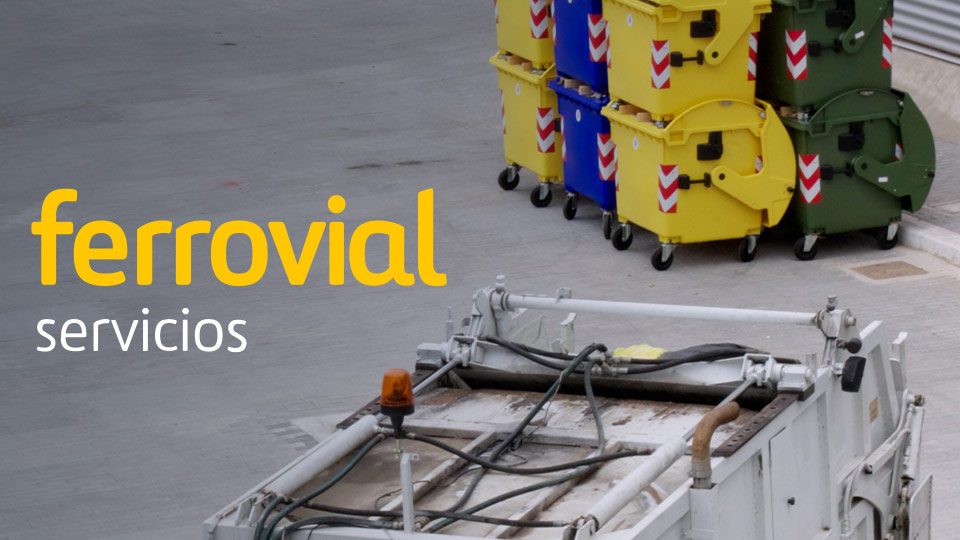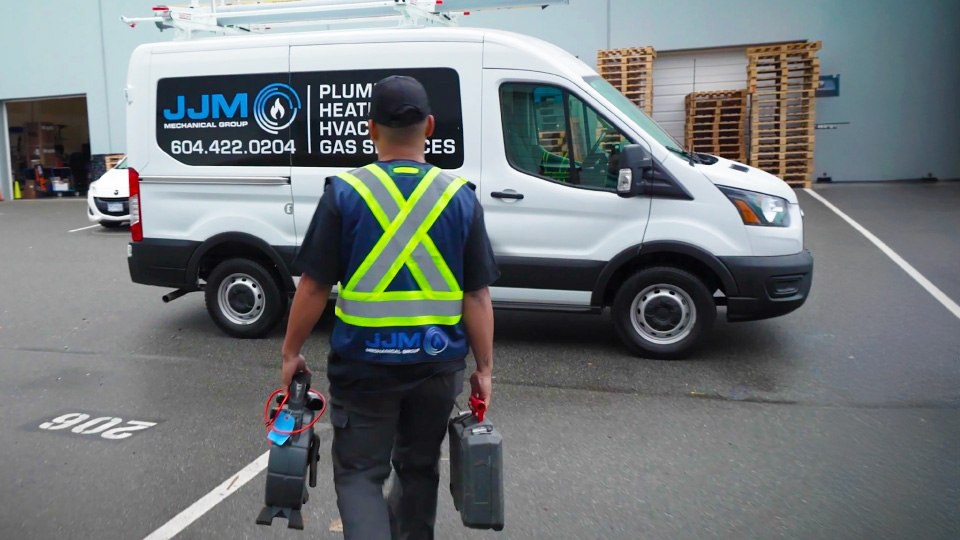
Paine's Inc.: Improve customer service, driver safety and productivity

Table of Contents
The challenge: Finding the right fit
Finding a telematics company that best fits your fleet can be complicated. Paine’s Inc. quickly realized this back in 2007, when one of the municipalities the company was bidding on and now operates in made installing GPS in all service vehicles a contract requirement.
While new requirements can be stressful, Russell Paine, vice president of this recycling and disposal services company, says the move pushed the company to dive all-in. “It was something we knew could deliver a great deal of benefits to the company, but we hadn’t pulled the trigger yet,” Russell says.
Paine’s interviewed at least eight different providers, asking each the same series of questions. All eight vendors did an onsite visit and provided a hands-on demo and presentation.
Russell conducts much of the procurement for Paine’s. Normally the process is fairly quick, but telematics, he says, was very different from anything the company had ever purchased before. “My General Manager and I did all the interviews, and at the end we looked at each other and realized there were not going to be any apples-to-apples comparisons.”
In the four-month process of getting providers to present, then gathering all that data, Russell says they were shocked at how many differences there were and how complicated the details became.
The solution
Making The selection
After reviewing all the data collected on the various providers, Russell says it was clear who the winner was: Geotab. Russell says that Geotab offered a quality product and gave Paine’s the flexibility that a smaller fleet could live with. And now, having been a longtime customer, the company doesn’t plan on changing providers any time soon — if ever.
So what were the winning points that put Geotab at the top of the list? Russell pointed out a few: No contract for the units or service, the ability to walk away at any time was an important aspect, especially since installing telematics in the first place was due to the company’s contract with the city. “We were very skeptical to jump into a long-term contract without knowing first how the product and vendor were going to perform,” Russell says.
The results
Low-cost devices and easy installation
Russell says that better yet is the fact that those devices have become less expensive, smaller, and easier to install since Paine’s first started working with Geotab. “They seem to continually want to move forward and improve the product, and that’s the kind of company I want to work with,” he says, adding that the devices used to take several hours to install on each vehicle but can now be done in less than 10 minutes. When every truck needs to be on duty, the lowered impact on downtime is crucial.
Geotab is responsive
Geotab has been very good about working with us on any issues we might have, big or small,” Russell says. “The great thing is when we have a question or concern they always get right back to us and do everything they can to resolve the situation.”
Utilizing the benefits
Since Paine’s wasn’t grappling with any particular issue before getting the telematics system, finding and utilizing the benefits has made the company almost glad that the city forced them to do it.
One aspect the company has seen major improvements on is being able to provide even better customer service. Paine’s can ensure that drivers are following their respective routes and stopping at designated service points, for example. This is especially beneficial when it comes to the company’s relationship with the city, which ends up handling a lot of calls from residents. Russell says that in the past customers would call with concerns that Paine’s had missed them, but now with telematics, the company can see exactly where each truck has been and its current location. This makes answering questions and concerns much easier and more accurate.
This data is also what helped the company get driver buy-in on the devices — that it’s not just “big brother” there to watch their every move. Russell adds that this became very obvious to drivers since the telematics is there to show, not interpret, whether or not drivers are following company protocols. It has also been useful in the case of accidents. The data adds information that can put aside assumptions and help better determine the facts surrounding an incident.
And in other aspects to safety and driver compliance, the geo-fencing capabilities have cut down on a number of driver issues, such as off-route trips, which helps to improve route and driver safety. And for Paine’s, Russell says that safety is ultimately what it’s all about.
From The Fleet Manager
“Geotab seems to continually want to move forward and improve the product, and that’s the kind of company I want to work with.”
- Russell A. Paine - Vice President, Paine’s Inc.
Post Tags
Client profile
Client name:
Paine’s Inc. Recycling and Rubbish Removal
Industry:
Recycling and disposal services
Types of vehicles:
Commercial and Sales
Fleet size:
25
Fleet focus:
Safety, Productivity
Other stories

City of Spokane scraps paper records with Routeware
March 30, 2022

Ferrovial Servicios: Waste management fleet optimizes and integrates
July 17, 2020

ENMAX Power Corporation unlocks real-time insights on fleet performance with telematics
April 9, 2025

JJM Mechanical Group: Scalable telematic solution yields big results for small fleet
January 17, 2025